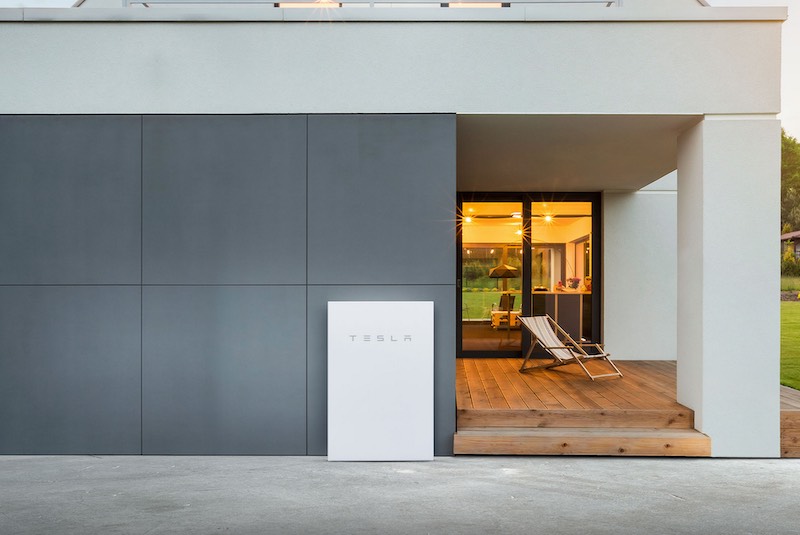
Independent MP for Wentworth Allegra Spender has called for the federal government to establish “a one-stop shop for household electrification” to help households navigate the laborious process of electrifying and installing EV chargers.
Speaking at the Smart Energy Council Annual Conference on Wednesday, Spender called for Australia to drive “out of the slow lane on electric vehicle policy” and to help households better manage the various options available to electrify their homes.
Giving the keynote address at the Annual Conference, Allegra Spender – who was one of several independent MPs who pushed the government to include a cap on emissions or an explicit objective that they must come down under the Safeguard Mechanism – called on the government to deliver on their promise of implementing fuel efficiency standards for light vehicles.
“It was not a policy Labor took to the election,” said Spender. “But it is a change the community wanted – and something that independents like me have championed.
“But the devil is in the detail – and nearly a year into Labor’s term in office, we don’t have it.”
Spender decried the “further delay” in delivering fuel efficiency standards with continued consultations instead of action.
“Just as night follows day. One consultation is following another. And every day without a fuel efficiency standard in place: Families will continue to feel the pain of sky high fuel prices; Transport emissions will continue to rise; And the queue of people who want to go electric but can’t will get longer.”
“So let’s not pretend the government are out of the slow lane just yet,” said Spender.
“At best, they’ve got the indicators on – looking nervously in the rear-view mirror for the thumbs up from the fossil fuel lobby.”
Spender has called on the government to implement something “that looks a lot more ambitious than the Federal Chamber of Automotive Industries’ existing voluntary standard – which has Australia’s target for 2030 at a similar level to the EU’s target for 2021.”
In particular, Spender wants a clear path to be established for all new car sales to be zero emission by 2035 “at the latest” – “because the cars we’re buying in 2035 are the ones we’ll still be driving when we need to reach net zero in 2050.”
Legislation also needs to be introduced this year so that the heavy lifting can be done in the next decade, providing policy certainty necessary to deliver cleaner and cheaper vehicles and the demand to drive the installation of necessary infrastructure.
Spender also called for “a one-stop shop for household electrification” that provides families the information they need on how to electrify, “including how and when to install EV charging.”
“Whilst strong fuel efficiency standards are the biggest missing piece in our approach to transport policy, the roll out of EV charging infrastructure – particularly in higher density areas – is also critical,” said Spender.
“In fact, it’s one of the most common issues that people in Wentworth raise with me. And it speaks to a wider point.
“The difficulties people in apartments face in installing EV chargers – negotiating with the strata committee, upgrading the wiring, assessing the fire risk – are the same difficulties they face when trying to electrify their homes more generally. Whether that be installing solar, getting a heat-pump, or replacing the gas stovetop.”
Such a “one-stop shop”, according to Spender, should provide an estimate of the costs and benefits of electrifying and installing EV charging, and provide a comprehensive list of local, state, and federal government incentives available in their area.
The advice should also address the issues facing people who live in apartment buildings.

